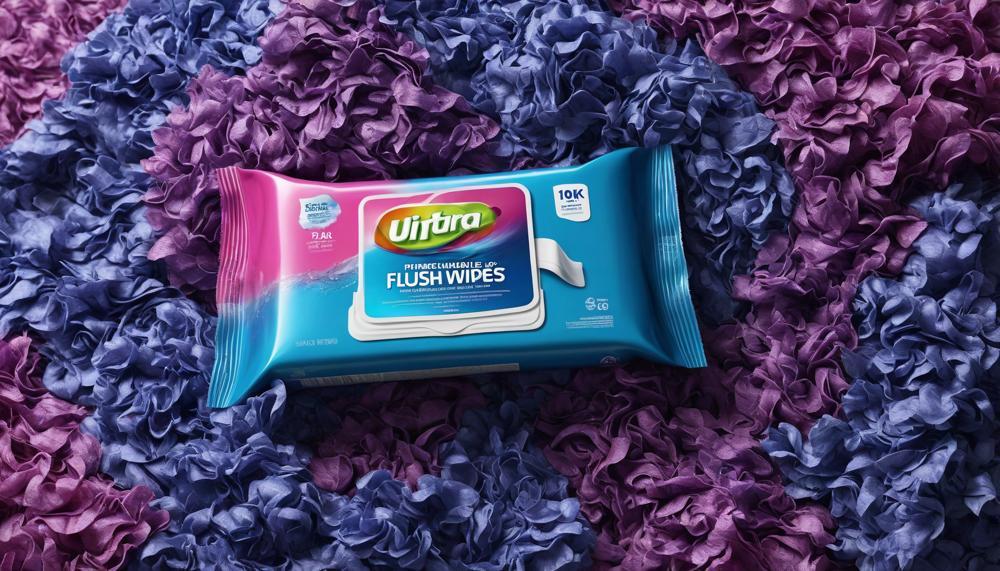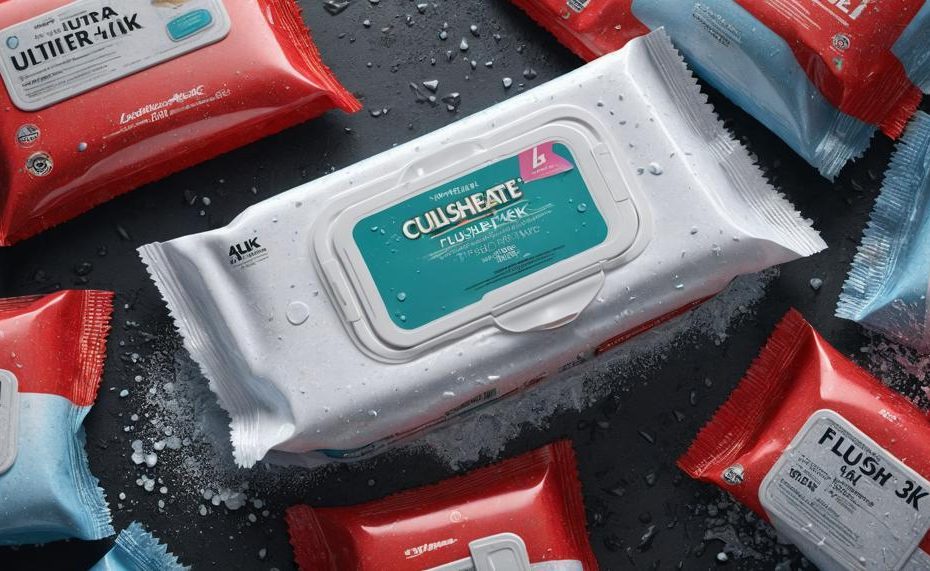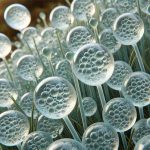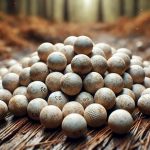No, most flushable wipes are not truly biodegradable. This might come as a surprise, given the eco-friendly marketing many brands use. While some wipes break down faster than others, many do not disintegrate quickly enough to prevent harm to plumbing and sewage systems. The impact of these wipes on our environment and infrastructure is significant.
Key Points:
- Flushable ≠ Biodegradable: Many wipes labeled as flushable don’t break down quickly in water, leading to plumbing issues.
- Environmental Impact: Non-biodegradable wipes contribute to blockages and pollution in waterways.
- Better Alternatives: Opt for wipes made from plant-based materials like bamboo, which are more eco-friendly and decompose faster.
- Consumer Choices: Brands like Honest and Caboo offer biodegradable wipes that are safer for the environment and septic systems.
Understanding the true nature of flushable wipes can help us make more environmentally conscious choices. It’s crucial to scrutinize product labels and choose options that align with sustainable practices.

By switching to biodegradable, plant-based wipes, we can reduce our environmental footprint and help maintain healthier plumbing systems.
Contents
The best flushable wipes, at a glance:
At a glance, the top biodegradable flushable wipes currently available on the market are “Eco by Naty” flushable wipes, Cottonelle GentlePlus biodegradable wipes, Kandoo Flushable wipes for babies and kids, Scott Flushable Wipes, Charmin Freshmates Flushable Wet Wipes, ASSWIPES Flushable cleaning hygiene wipes, Goodwipes Flushable and Biodegradable Wipes, DUDE Wipes Flushable Wipes, Simpleaf Non-Toxic Flushable Wipes, and Happy Little Camper eco-friendly flushable wipes.
These wipes are all environmentally friendly options that use plant-based materials and do not contain harmful chemicals or plastic. They are also safe to flush in all sewer systems and suitable for home composting solutions.
One of the top biodegradable flushable wipes on the market is “Eco by Naty.” These wipes are made from 100% compostable and plant-based materials, with 0% plastic. They are endorsed by Friends of the Earth for their ability to reduce sewage blockages and ocean pollution by 90%. Another popular brand is Cottonelle GentlePlus biodegradable wipes, which are gentle on the skin and endorsed by a wastewater utility as safe to flush in all sewer systems.
Is Flushable Wipes Biodegradable?
Flushable wipes are often marketed as biodegradable, but the truth is a bit more complex. While some flushable wipes are made from plant-based materials and may technically be biodegradable, they often contain non-biodegradable polyester fibers. Even those that are made entirely from plant fibers like bamboo, wood pulp, or cotton² can take years to break down once flushed.
Certain brands, like Nice N Clean Wipes, offer wipes made solely from plant-based fibers, claiming to break down five times faster than standard toilet paper. However, even these 100% flushable wipes are advised to be disposed of in a trash bin rather than flushed down the toilet to avoid potential plumbing issues.
Despite labels claiming that wipes are ‘flushable’ or ‘septic-safe,’ plumbing experts advise against flushing them. Even though some wipes may be biodegradable, the process is slow, and blockages can occur in pipes¹. Toilet paper is the only item designed for flushing, and anything else can lead to plumbing issues.
While some flushable wipes may be biodegradable, it’s generally recommended to dispose of them in a trash bin to prevent potential plumbing problems and environmental harm. If you’re looking for an eco-friendly alternative, consider using reusable cloth wipes made from natural materials like bamboo, cotton, and hemp¹. These are not only environmentally friendly but also cost-effective in the long run.
Conclusion
Despite being marketed as flushable and eco-friendly, most flushable wipes are not truly biodegradable. This misconception can lead to significant environmental and plumbing problems. While labeled as flushable, these wipes often fail to break down quickly in water, resulting in blockages and contributing to waterway pollution.
The reality is that flushable does not mean biodegradable. Many of these wipes, even those that break down faster, do not disintegrate swiftly enough to avoid causing plumbing issues. This discrepancy underscores the importance of consumer awareness and responsible disposal practices.
To mitigate these impacts, consumers should opt for wipes made from plant-based materials, such as bamboo, which are genuinely biodegradable and more environmentally friendly. Brands like “Eco by Naty” and “Cottonelle GentlePlus” offer options that are both compostable and flushable, reducing the environmental footprint and ensuring safer disposal in plumbing systems.
Ultimately, shifting to biodegradable, plant-based wipes helps maintain healthier sewage systems and reduces pollution.





